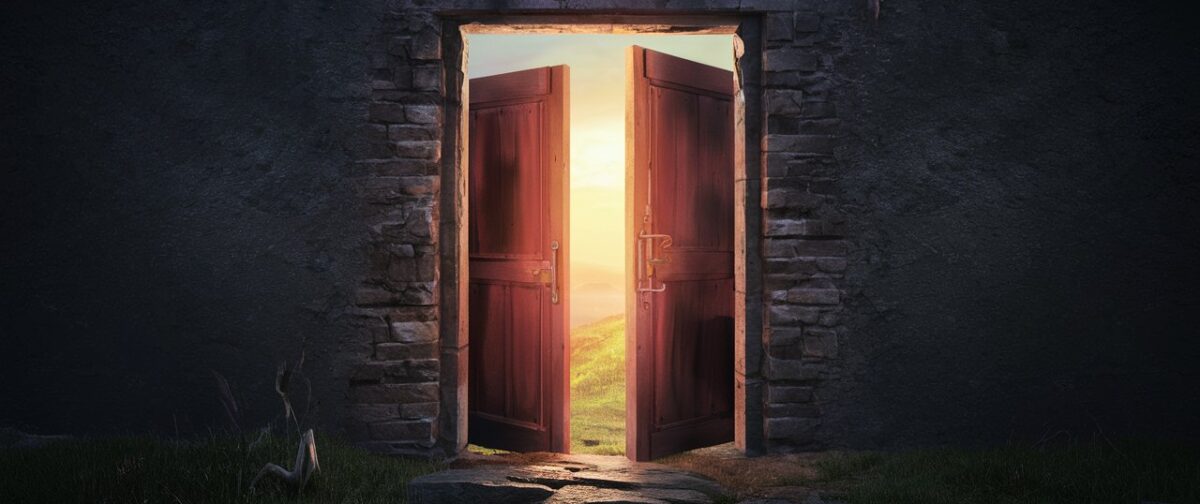
Too many adults think that being a healthy, functioning adult requires suppressing their inner child. Our inner child is trying to find a state in which our needs are met, and we should be attune to the child within us and learn from him or her.
This is particularly important when your inner child is throwing a tantrum. Instead of just saying, “No, these feelings are bad; I need to move on from them,” pausing and determining why our inner child is upset may be more beneficial. What need does he or she feel is not being met? Learning about that needs tells you something about yourself and how you are relating to the world around you.
As an adult, you have more tools to decide the best way to meet that need. Needs are very rarely invalid, though, so usually there is a grain of truth to what your inner child is screaming.
Maybe there is a more productive way to meet your needs. To meet their need for attention, little children, for example, may scream and shout in a tantrum, but your adult self may know better, more productive ways to develop relationships that meet one’s need for attention and love. At the same time, as an adult, you can better understand and evaluate why you have a need for attention in the first place: what may be lurking underneath that in your psyche like a loved one you felt betrayed you or whose affections were insincere. From that, you can find a way to work on the root cause at the source.
Little children usually have not developed the ability to do any of this work, but your adult self has more tools to analyze the situation and come out with an appropriate, life-affirming strategy for how to meet your needs. Your adult self also has more tools to advocate for your needs in the world, whether that be constructive conversations with those around you about how you feel or moving into environments that might better meet your needs.
Like a canary in the coal mine, though, your inner child will tell you quickly and persistently that you seem to have an unmet need, often before your adult self realizes it. The two can work together then. Your child to alert you to your unmet needs, and your adult self to diagnose why and come up with an effective way to meet them.
